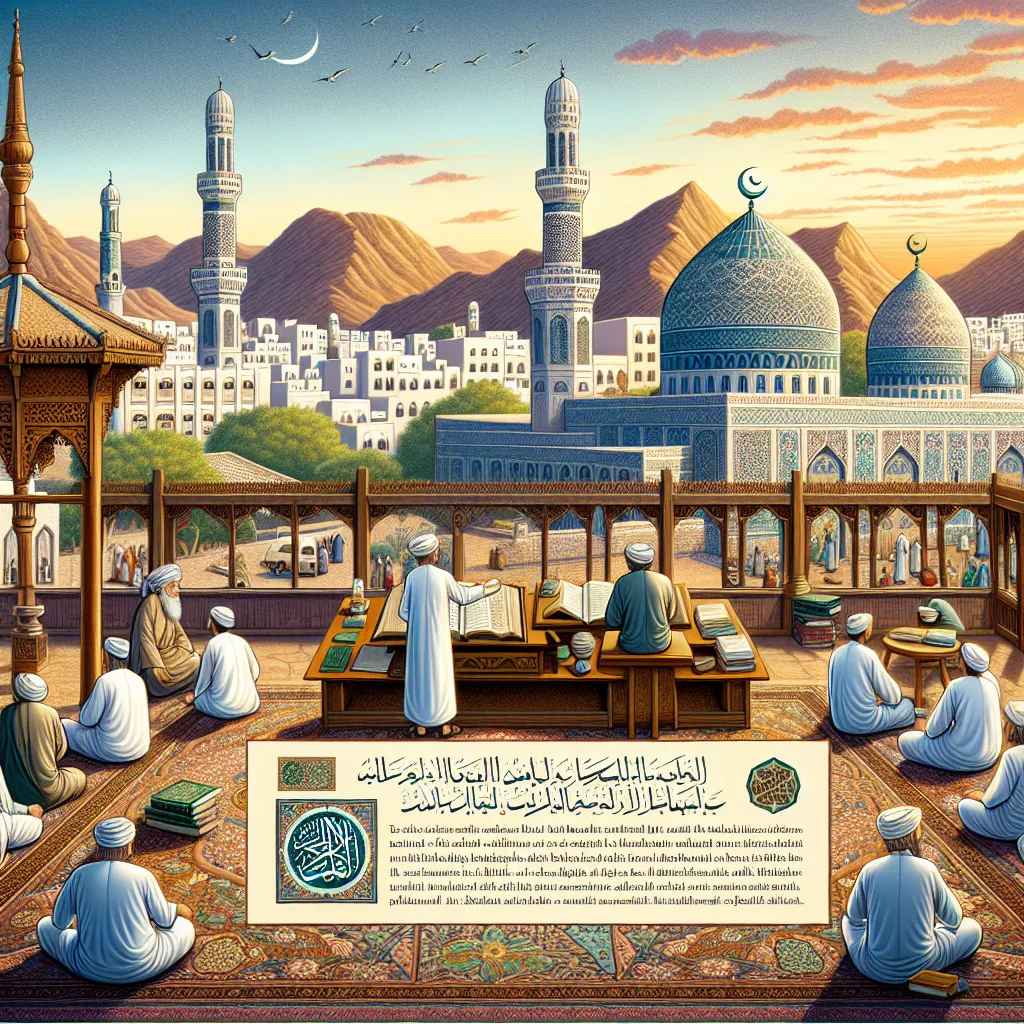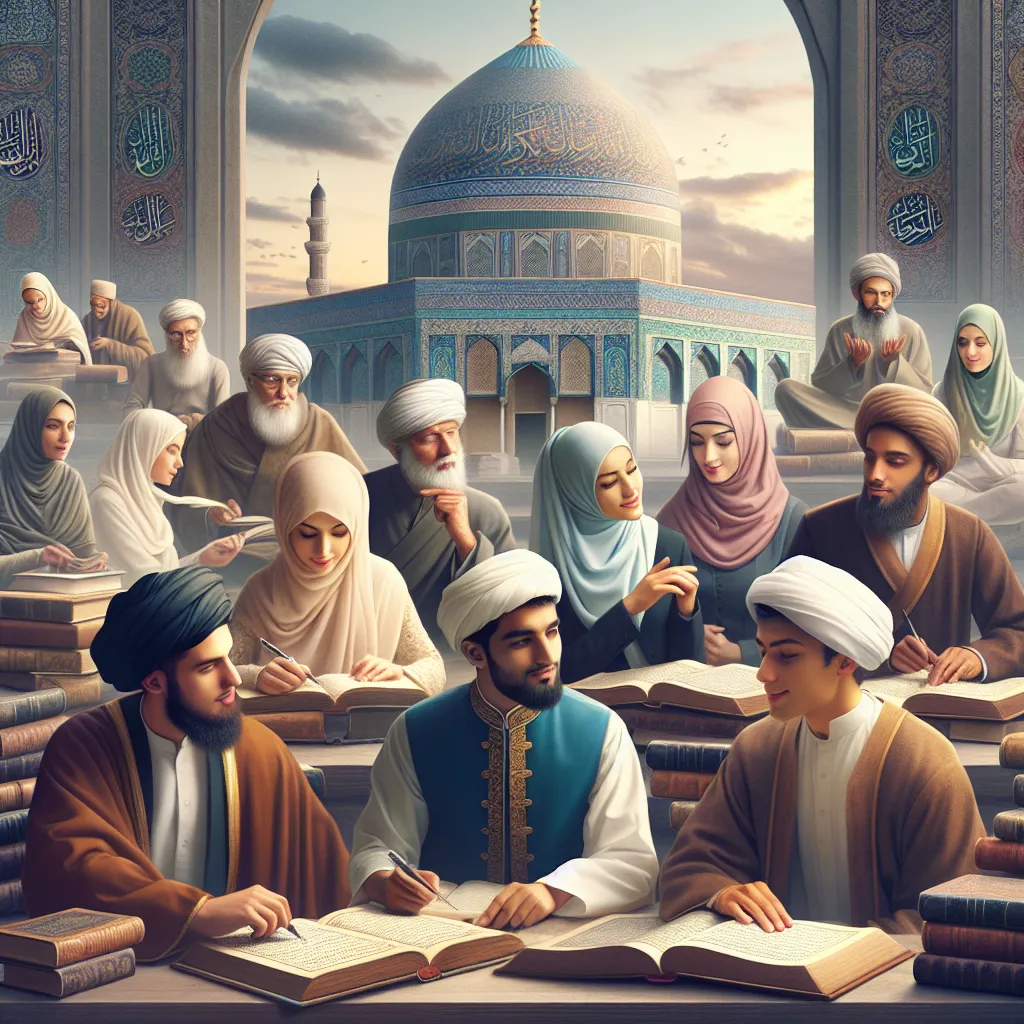Agnosticism is a concept that’s been floating around for ages, but it still confuses a lot of folks. In simple terms, agnosticism is all about acknowledging that humans can’t be sure if God or any divine being exists. It’s not an outright rejection of God but more about admitting that our knowledge has its limits.
The term “agnosticism” was first used by Thomas Henry Huxley, a British biologist, back in 1869. Huxley believed that while we can’t prove or disprove God’s existence, it’s essential to stay open to the possibility. This open-mindedness is a major part of what agnosticism is all about.
There are different shades of agnosticism. Strong agnostics argue that knowing if God exists is beyond human reach because our experiences are too subjective to verify anything objectively. On the flip side, weak agnostics think that even though we don’t know now, future discoveries might give us some answers.
Agnostic atheism is another twist on this idea. These people don’t believe in God but agree that they can’t prove whether God exists or not. They’re basically saying, “I don’t believe, but who really knows?” Meanwhile, agnostic theists believe in God yet acknowledge there’s no solid proof to back up their belief.
Then there’s the group of apathetic or pragmatic agnostics. They believe that even if a deity does exist, it doesn’t meddle in human affairs. This line of thinking is similar to deism, where a creator sets things in motion but then just steps back.
Agnosticism has roots in various philosophical and religious contexts. For example, the Buddha avoided questions about God’s existence, focusing more on the path to enlightenment. And David Hume, a Western philosopher, stressed human knowledge’s fallibility, suggesting that our certainty is limited to trivial truths.
Some critics label agnosticism as intellectual laziness or an avoidance strategy. They argue that agnostics are dodging the big questions instead of tackling them head-on. But agnostics believe their stance is all about honesty and humility, recognizing that some mysteries might be forever beyond our grasp.
In today’s world, agnosticism is gaining traction, especially as people start questioning traditional religious beliefs. The rise of science and critical thinking has led many to adopt an agnostic view, not because they entirely reject the idea of God, but because they need evidence before drawing conclusions.
Agnosticism isn’t about being indecisive; it’s about being real about what we know and what we don’t. It’s a thoughtful approach that encourages curiosity and keeps the door open for new knowledge. In a world where beliefs often clash, agnosticism offers a middle ground that prioritizes inquiry and skepticism.
To sum it up, agnosticism is a belief system that admits the limits of human knowledge regarding God’s existence. It comes in various forms, from strong and weak agnosticism to agnostic atheism and theism. While sometimes misunderstood as indecisiveness, it’s actually a thoughtful and honest approach to one of life’s biggest mysteries.






